Personnel Adjustments at KPA General Political Bureau
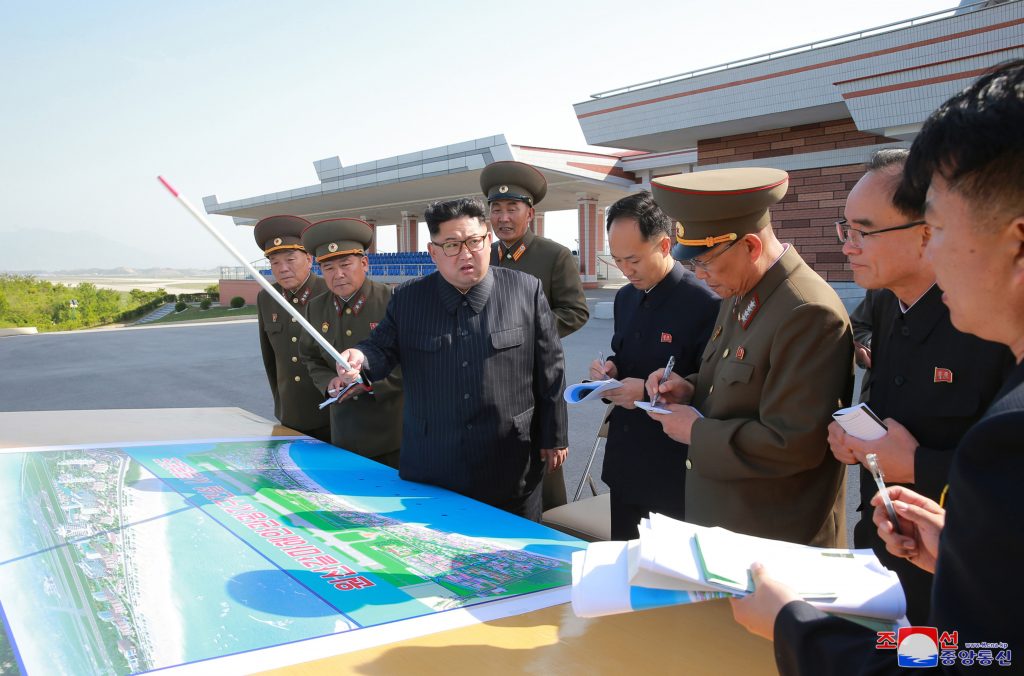
Late last week, DPRK state media publicized two highly significant personnel changes to the Korean People’s Army [KPA] high command. In a report about Kim Jong Un’s (Kim Cho’ng-u’n) on-site visit to the Wo’nsan-Kalma tourism zone, state media identified General Kim Su Gil (Kim Su-kil) as Director of the KPA General Political Bureau (Department) [GPB] and Col. Gen. Son Chol Ju (So’n Ch’o’l-chu) as deputy director for organization for the GPB.
These appointments put in place permanent leadership at the GPB and shed light on the personnel changes made during the May meeting of the Workers’ Party of Korea [WPK] Central Military Commission [CMC]. State media reporting referred to the CMC “relieving or transferring senior officials of the armed forces organs and appointing new ones,” but did not explicitly disclose which senior officials were removed from office and which ones took their place. There is a very good chance that other KPA high command appointments have been made and will be publicized shortly, possibly during the June 1 inter-Korea meeting.
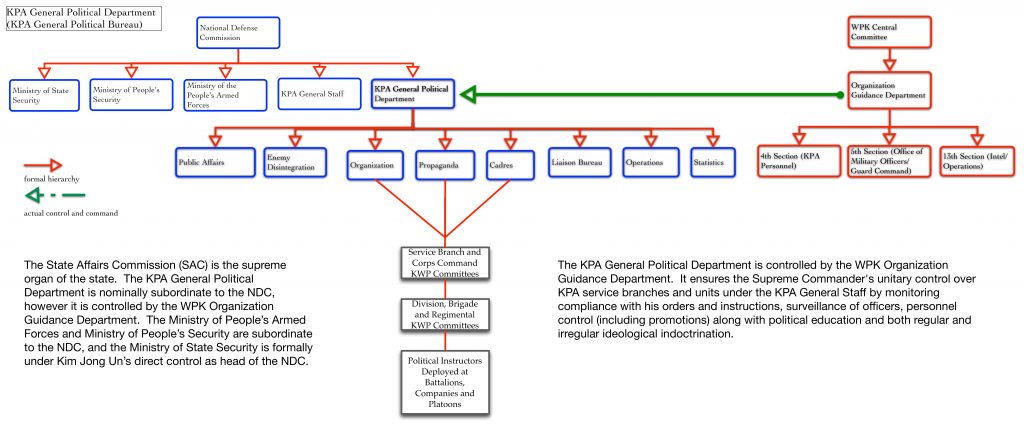
The GPB personnel shuffle represents a continuation of tightening Party [WPK] control over the KPA. Of the three high command organizations comprising the DPRK’s armed forces, the GPB has proven by dint of its personnel numbers, its role in personnel and financial matters in the military, and its power to be the most unwieldy. There is a speculative case to be made that the GPB, if not properly reined in, could present a formidable challenge to Kim Jong Un’s authority.
This would not be a violent power challenge such as a coup or house arrest, rather the GPB could exert bureaucratic resistance to policy or personnel directives from The Center. There was also the possibility, given the eventual in-flow of inter-Korean monies and assistance (i.e. construction materials), the GPB also would have been well-placed to engage in misappropriation and malfeasance. Kim Jong Un began to nip this in the bud last year because both of these things lend themselves to creating alternate power centers, which is what happened in 2013.
During the last half of 2017 (as noted in previous offerings on this site) the GPB was subjected to its first top-to-bottom investigation and audit by the WPK Organization Guidance Department since the mid-1990s. The appointments of Gen. Kim and Col. Gen. Son represent the final phase of this process of reasserting the Suryo’ng’s and the Party’s power over the GPB.
Some Pyongyang watchers have claimed this latest personnel shuffle is a sign that Kim Jong Un lacks power or is not the real decisionmaker in DPRK political culture. This is: (circle your favorite one) the product of magical thinking; willful ignorance as to how Pyongyang politics work; or, people saying ill-informed things to fill in the Pinter Pauses of television news discourse. If Kim Jong Un lacked authority or control, then he would not turn the nub of the financial auditor’s fountain pen and the barrel of the executioner’s gun on a power constituency like the KPA General Political Bureau; an insecure or weak leader would not be able to withstand the blowback.
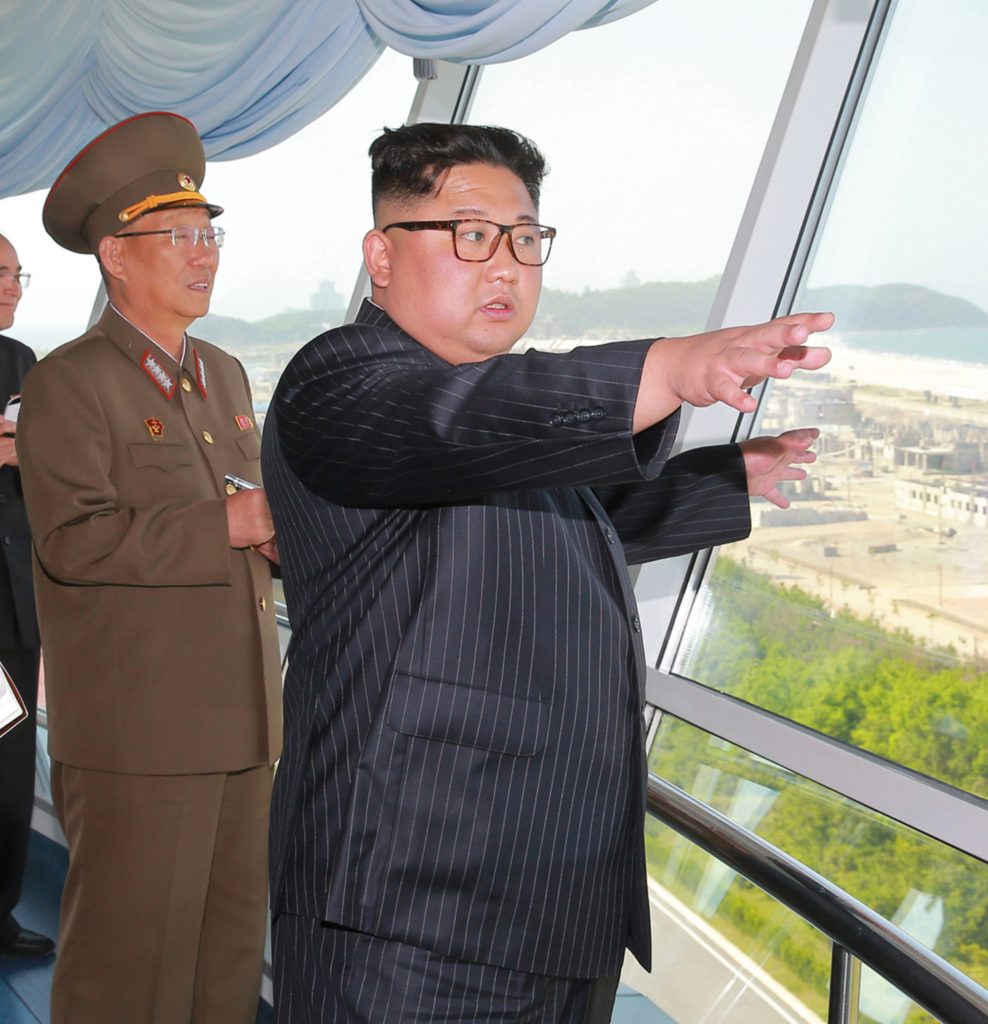
Kim Su Gil: Kim Su Gil replaced VMar Kim Jong Gak (Kim Cho’ng-kak) as Director of the GPB. Prior to his appointment, Kim Su Gil served as Chairman of the Pyongyang City WPK Committee, a position he held since 2014. Before Kim was the party boss in the DPRK capital, he was a uniformed KPA general-grade officer with a career working in the GPB. He was part of an entourage of adjutants who accompanied Kim Jong Un during the first two years of his leadership. Based on recent state media reporting, Kim (who was last known to be a two-star Lieutenant-General) was upped to four star General (taejang).
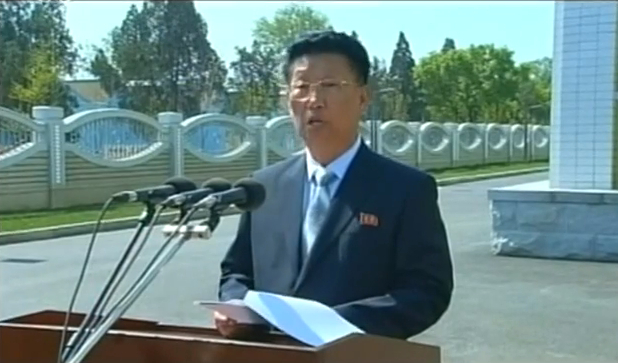
Gen. Kim is highly trusted by Kim Jong Un. This is not the first time Jong Un has given Gen. Kim a high-profile position following significant political upheaval. Kim’s appointment to the Pyongyang Party Committee was a result of the 2013 investigation, dismissal and execution of Jang Song Taek (Chang So’ng-t’aek). The Pyongyang City WPK Committee was led by close Jang associate Mun Kyong Dok (Mun Kyo’ng-tok) and Mun’s immediate subordinates were all charter members of Jang’s patronage network. So, we can see Kim Su Gil as someone Kim Jong Un taps to lead a tainted institution following the agonizing reappraisals of an OGD housecleaning.
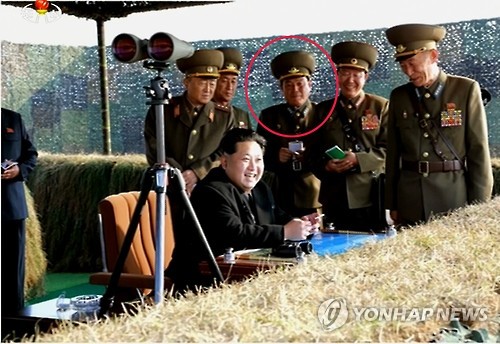
Son Chol Ju: Son has replaced Lt. Gen. Jo Nam Jin (Cho Nam-chin) and, quite possibly, Gen. Kim Won Hong (Kim Wo’n-hong). At the very least Son is now GPB Deputy Director for Organization, arguably the most powerful position in GPB other than that of director. Like Kim Su Gil, Col. Gen. Son has spent his career in the GPB; as such, Col. Gen. Son and Gen. Kim are members of the “GPB Mafia,” a cohort upon whom Kim Jong Un relies to fill top positions in the DPRK security community, but one he needs to warily keep in check. Prior to his recent appointment, Son Chol Ju was the KPA Air and Anti-Air Force political director and head of its political committee.
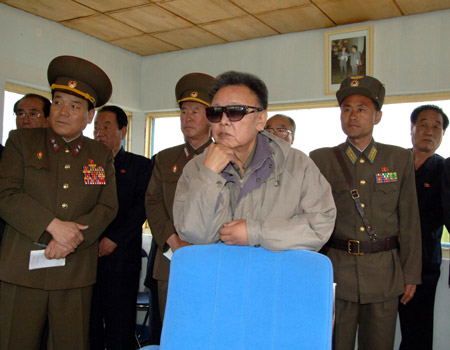
From 2007 to 2010, Col. Gen. Son served as a GPB deputy director, most likely with the Propaganda portfolio. He replaced Gen. Pak Jae Gyong (Pak Ch’ae-kyo’ng) as a member of the KPA Operations Command Group, the troika of adjutants that accompanied Kim Jong Il during his on-site visits and field inspections for most of the 2000s. Son had a low public profile between 2010 and 2011, but emerged as a key member of the KPA high command after Kim Jong Un assumed power. He was promoted to Colonel-General (sangjang) in 2015
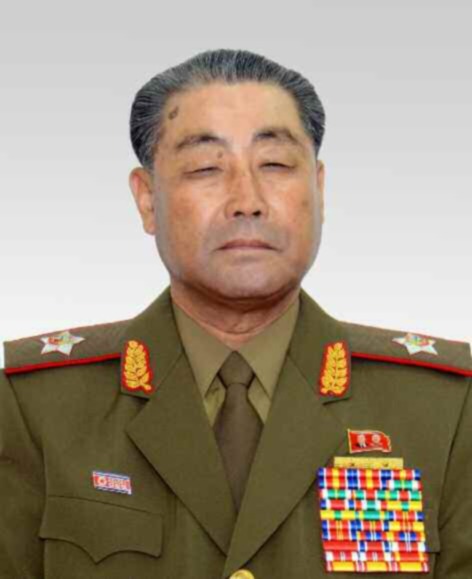
Kim Jong Gak: From January until May 2018, VMar Kim served as GPB Director, although it’s quite probable that VMar Kim was heading the GPB during late 2017. There is a precedent for Kim Jong Un appointing a highly respected, senior official to an interim/transitional position in the high command; the late Gen. Kim Kyok Sik served short terms of office as both Minister of the People’s Armed Forces and Chief of the KPA General Staff between 2012 and 2014.
Kim Jong Gak was elected to the WPK Political Bureau during the April 2018 WPK Central Committee plenary meeting and elected a member of the State Affairs Commission during the 6th session of the 13th Supreme People’s Assembly. He also sat in the front row during the May 2018 CMC meeting; it is highly unlikely that the core leadership would have run a loyal, respected figure like VMar Kim through this whole song and dance were he not to remain a member of the high command. There is an even (50/50) chance that VMar Kim has been appointed either Chief of the KPA General Staff or Minister of the People’s Armed Forces.
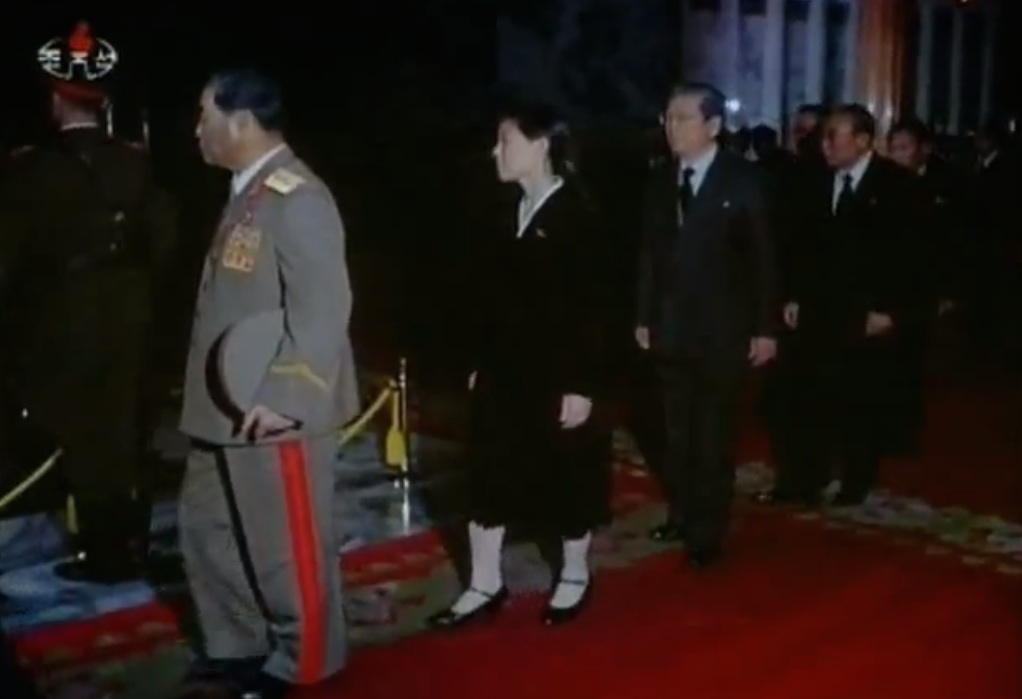
After the CMC meeting, ROK media and Pyongyang watchers speculated that last known Minister of the People’s Armed Forces Gen. Pak Yong Sik (Pak Yo’ng-sik) or last known Chief of the KPA General Staff VMar Ri Myong Su (Ri Myo’ng-su) may have been replaced. VMar Kim previously held a short term in 2012 as Minister of the PAF and his career background certainly qualifies him to serve as Chief of the General Staff. Gen. Pak and VMar Ri both attended the April 27 high level inter-Korea summit where they were observed saluting ROK President Moon Jae In.
View Original Article